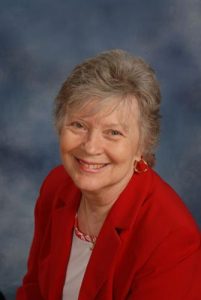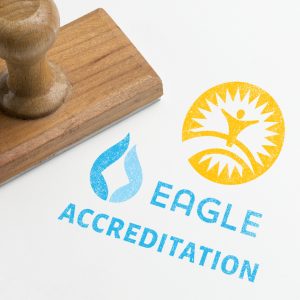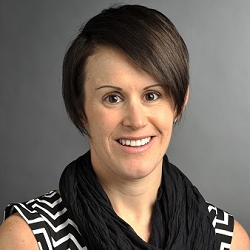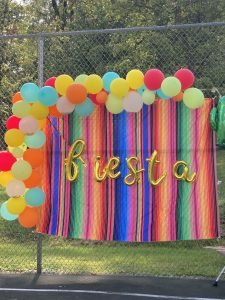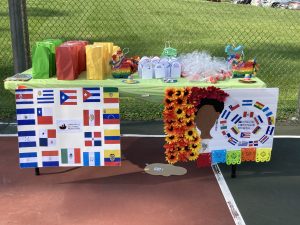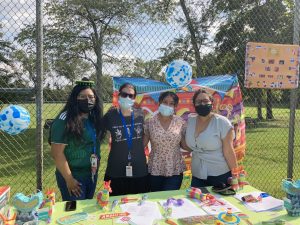Board of Child Care is among 18 health care providers in West Virginia to receive a combined $6.1 million from Aetna to support services for children with serious emotional disorders
CHARLESTON, West Virginia, Dec. 13, 2022 — The Board of Child Care (BCC) announced today that it is one of 18 health care providers across the state to receive a combined $6.1 million from Aetna Better Health® of West Virginia, a CVS® company, to help them expand community-based waiver services for Children with Serious Emotional Disorders Waiver (CSEDW) Program
The community investments will assist children by helping to open or improve specialized residential settings within the state of West Virginia to best meet their needs. The funding can also help transition youth back to their families and/or provide supports to make sure they don’t need residential services at all or won’t need them again in the future.
“Currently, there are over 500 West Virginia children living in some form of residential mental health treatment facility,” said Todd White, CEO Aetna Better Health of West Virginia, in a press release announcing the funding. “Aetna wants to assist current in-state residential treatment providers in expanding their services to help move these children back home. The objective of our community investments is to allow these facilities to assess the strengths and needs of children already in or entering residential placement, evaluate mental health and other social support services those children will need to return to their communities, then develop a plan to address barriers to accessing those services.”
BCC, like many of the state’s residential treatment providers that received Aetna’s community investments, is also hiring clinical staff, therapists and community service coordinators to achieve a continuum of care by broadening the scope of their residential work through adding an in-community care component. The child and family will receive high-intensity behavioral health and other social care services in an environment that is loving and the least restrictive.
“We are extremely grateful to Aetna Better Health of West Virginia for their generosity and support of organizations such as BCC that are helping youth of West Virginia at a critical and vulnerable time in their lives,” said Laurie Anne Spagnola, Board of Child Care CEO.
“Anytime we can add services that help keep children with their families and avoid the need for residential services, we know that means better outcomes long term,” Spagnola said. “Aetna’s generous support will help us in our mission and make a meaningful difference to many lives in West Virginia.”
For more details on how Aetna is helping children in West Virginia, see the announcement by Aetna Better Health® of West Virginia, a CVS Health® company (NYSE: CVS).
About the Board of Child Care
The Board of Child Care is a private, 501(c)3 not-for-profit that has been serving youth and their families for over 145 years. The organization’s history is rooted in faith, with its early beginnings being several orphanages operated by the United Methodist Church throughout the late 19th and early 20th centuries. Following several mergers, first in 1960 and another in 2019, it is known today as the Board of Child Care. With a staff of 700+, an annual budget around $50 million, and its network of partners, BCC supports communities via a national footprint of programs that extend across the Eastern half of the United States. Its broad spectrum of services to youth and their families include residential, mental/behavioral health, trauma response, family support, and education. To learn more or see how you can get involved, visit boardofchildcare.org
Read more from Board of Child Care receives funds from Aetna to support Children with Serious Emotional Disorders Waiver (CSEDW) Program
